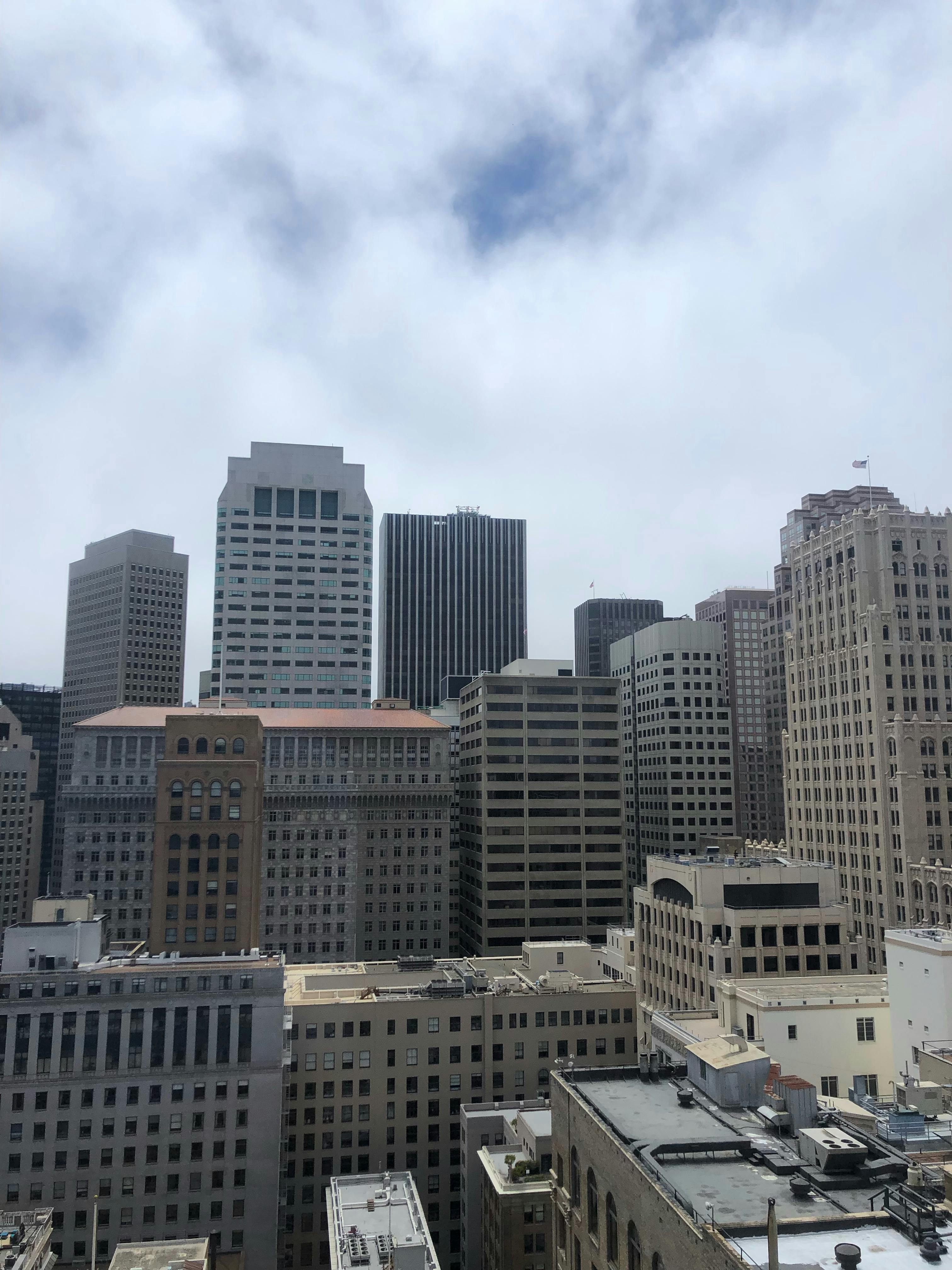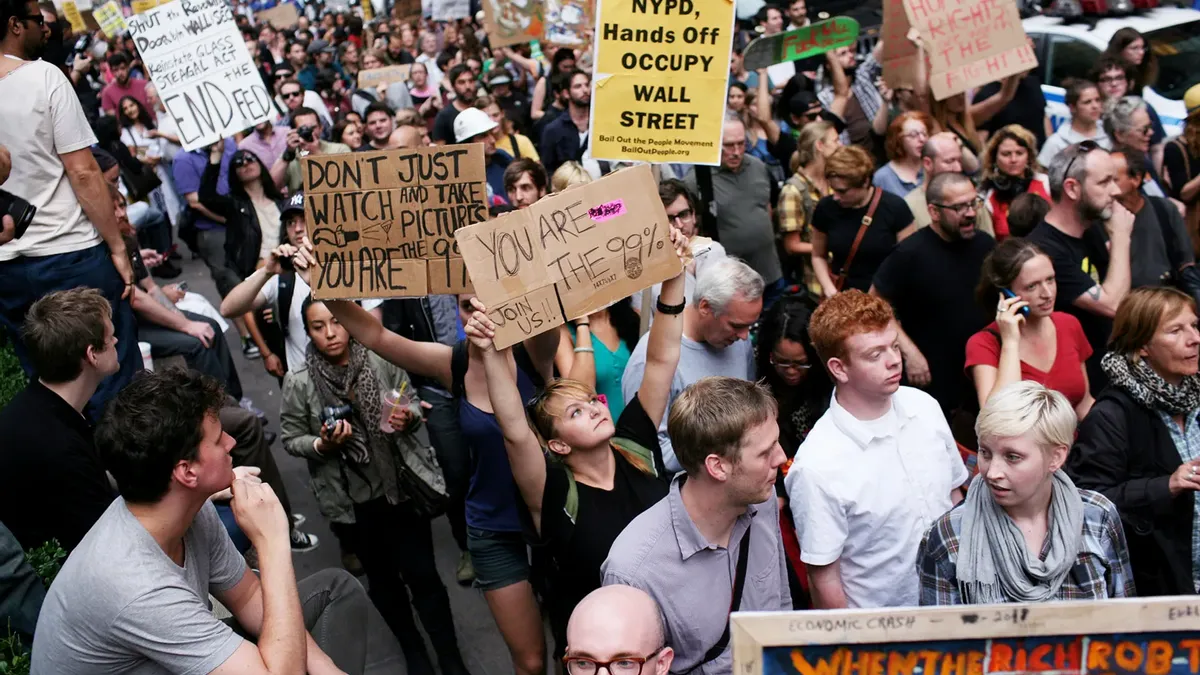A brief recap of the past year for me.
- Split my time between Los Angeles, San Francisco, and Honolulu
- Interned at an early stage consumer startup
- Interned at a crypto exchange, fell down the 🐇 🕳️

I learned a few things about myself over the past year as well. I’ve always been more interested in entrepreneurship and startups rather than working in a large corporation. For that reason, I focused most of my efforts in late 2020 recruiting for roles at startups.
I ended up at Coinbase for my final summer internship. While I wasn’t necessarily interested in crypto at the time, I’ve always been interested in interdisciplinary studies and I liked how the crypto space incorporated concepts from the fields of Computer Science, Economics, Philosophy, and Sociology.
The mission and ethos of crypto also seemed to align with my values: decoupling from legacy systems of the past, building alternatives to traditionally exploitative institutions, and creating an open financial system.
I joined Coinbase in June of 2021 - an exciting and unique time, 2 months after a behemoth direct listing. The excitement and energy in the air from the recent public listing was palpable: a new generation of crypto wealth was minted as most employees became instant multimillionaires from their equity.
The team I worked on, Backend Platform, is responsible for running and scaling Coinbase’s production systems, maintaining datastores, APIs, and backend caching infrastructure as well as building out the foundational tooling and frameworks that enable product teams to build out Coinbase’s core service offerings.
I had just taken a Distributed Systems and NoSQL course in college that I really enjoyed (CS 122D for any UCI students) which led me to choose Infrastructure over other orgs during team matching. I particularly enjoyed working on infrastructure due to the high surface area and impact of the work. My projects over the summer spanned the infra gamut; I worked on observability features, spun up my own gRPC + Go + MongoDB service, and wrangled with Cloud technologies and deployments. I was able to build, test, and deploy key observability tooling (distributed tracing, request query logging, and error reporting) for the core service framework used at Coinbase, with my changes eventually being deployed to all Go services in production.
I learned a lot about infrastructure and building systems at scale. However, the most valuable skills were the intangibles from working with and being surrounded by forward-thinking, crypto-native people. I would check the DeFi and NFT Slack channels everyday, picking up terminology and absorbing information about the broader crypto space. I learned what the term “Web3” meant. I interacted with a smart contract, deposited money into an automated market maker, and considered the macro-effects of incumbent systems and technology for the first time. My experience at Coinbase has profoundly shaped my worldview, something I never imagined going into what I thought would be just a normal summer internship.

In campuses and online communities for Computer Science majors, FAANG companies and their internships are a frequently discussed topic. In my opinion, the hype and praise is deserved. I would encourage any Computer Science student to pursue these opportunities; working at a top tech company opens many doors and provides an unparalleled level of learning. Particularly in growth stage companies, the calibre of engineers you will be mentored by and work together with far exceed that of other companies. However, I’d also urge students who strive for FAANG companies to look introspectively for a moment. Is your primary motivation for working there because it’s considered prestigious among your peers and is the subject of constant discussion online, or do you actually find the work being done at big tech fulfilling? I’d urge students to carefully examine and reconsider their goals before grinding away countless weekends on Leetcode.
In general, many tech workers are divorced from the products of their labor: see the backlash Doordash received after requiring employees to use the product they built, even if only once a month. I believe we should collectively be more mindful of the technology we work on and cognizant of its broader effect on society. There are a lot of problems in the world that need solving; it’s a tragic waste of talent when ambitious and intelligent college graduates end up spending their lives maximizing ad revenues for tech monopolies or extracting value from gig economy workers.

In my final few months of undergrad, I’ve been thinking deeply about what I want to do in the future. While it’s cliché to say you want to make the world a better place, I’m optimistic about societal progress and I sincerely believe humankind can overcome the most challenging problems of our times: climate change, wealth inequality, political conflict, food and water insecurity, to name a few. I realized that I want to contribute to the future I want to live in. Change begins from the bottom-up, and the society of tomorrow is shaped by the youth of today.
I’ve also thought a lot about what I want that future to look like, starting with the internet. I want alternatives to modern monopolistic platform economies. I want open, fair, and equitable systems, where free speech and flow of information is not subject to the whims of a faceless board of executives. This mission becomes paramount in an era where centralized, for-profit technology companies increasingly encroach upon our fundamental liberties, enabled by political inaction and platform lock-in.
I fully believe that the tools and applications built on top of self-certifying protocols will be a generational shift in the way we interact with the internet. Cryptographically-secured systems with accessibility, transparency, and ownership as core tenets provide powerful digital-age primitives for governance, privacy, community, and financial inclusion. Uniquely enabled through self-certifying protocols, data portability removes platform lock-in, composability + interoperability creates open ecosystems, and tokens align protocol and user incentives. I’m excited to see these new use cases emerge, and I’m confident about the role of these technologies in shaping the landscape of the internet 5 years from now. Instead of our civil rights enforced through nominal societal and legal constructs, they will be instead safe-guarded by cryptography, guaranteed through mathematics, and built on decentralized rails.
I’ll also be writing more, starting with this blog post. Translating my thoughts into long-form has been surprisingly cathartic, and out of everything I’ve learned in school, writing has by far been my most neglected skill as an engineer.
Subscribe to my Mirror to follow my journey - Let’s build a new world together :-)
